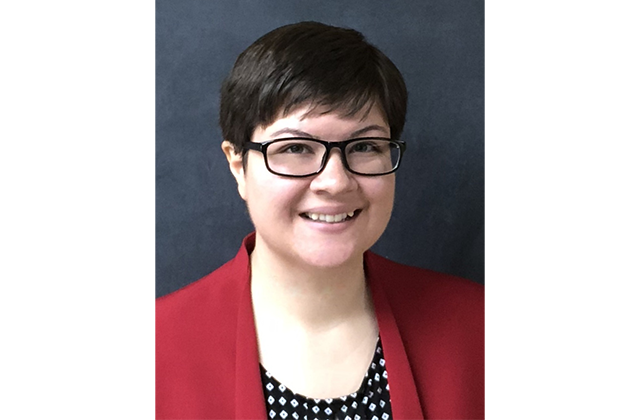By Rabbi Ahuva Zaches
Congregation Or Ami
On the 15th of April, many of us will be sitting around Seder tables and recounting one of the oldest and most important stories in our tradition, which we call Y’tziat Mitzrayim or the Exodus from Egypt.
The Haggadah includes so many beautiful accounts and insights about this experience and its spiritual significance. But if I had to select just one line from the Haggadah to explain the essence of the Seder, I would choose this pithy twelve-word explanation: B’chol dor vador chayav adam lirot et atzmo k’ilu hu yatza mimitzrayim. This teaching means that in each generation, we should all view ourselves as if we have personally gone out of Egypt.
As young children, we may not have been able to find Egypt on a map or understood much about the concept of freedom, but we could still connect to the Exodus through imaginative play. Indeed, plague-themed puppets and marching between blue sheets held up like the sea parted can do wonders to bring this story to life and give children the feeling of having been there. But over time, we tend to remove these creative Seder props and stick to the classic symbols like matzah, charoset, and salt water. These symbols are enough, combined with new knowledge and life experiences, to help us understand the Exodus on a deeper level as adults.
As we reread the Haggadah each year, the words may stay the same, but we ourselves have changed. We are not the same people we were last year because we are constantly growing and being shaped by new events and ideas. Everything we have experienced since the last time we opened our Haggadah enables us to see the text in new ways.
For example, many of us have gained a new understanding of what it means to live through a plague due to the COVID-19 pandemic. Other recent experiences, such as the war between Russia and Ukraine may also influence the way we experience the Seder this year.
As we dip our fingers in our glasses to remove a drop of wine during the mention of each plague, we might think more about the innocent Egyptians who suffered as a result of their leader’s stubborn and cruel actions, as we have recently seen how the average citizen of Russia has likewise suffered due to their own leader’s stubborn and cruel actions.
The Haggadah also says that it is praiseworthy to expand on our discussion of the Exodus and the meaning of each part of our Seder. So, this year I invite you to expand your discussion by asking your family and friends around the Seder table a new question:
What experiences have you had between this Seder and last year’s Seder that have changed how you understand the story of the Exodus? What aspects do you understand now on a different level?
May we all gain new insights from this discussion and have a joyous and meaningful Passover.
Chag kasher v’sameiach!





